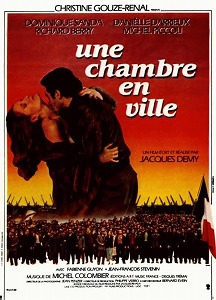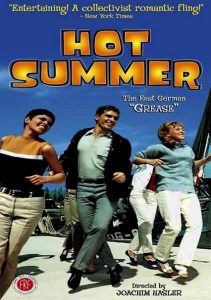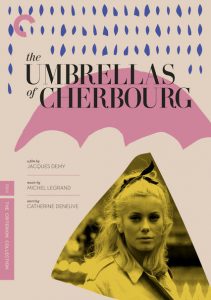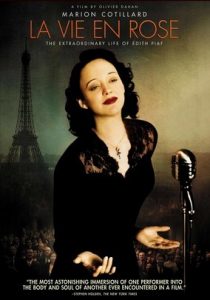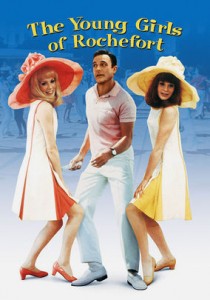Chitty Chitty Bang Bang-1968
Director Ken Hughes
Starring Dick Van Dyke, Sally Ann Howes
Scott’s Review #1,490
Reviewed August 13, 2025
Grade: B
With a strong connection to James Bond, especially when looking beneath the most obvious details, Chitty Chitty Bang Bang (1968) offers pure escapist fun in the fantasy genre.
Albert R. Broccoli, who produced many of the 007 films, also serves as producer, a surprise given the differing genres. Furthermore, Ian Fleming, who wrote a series of James Bond books, also wrote the novel Chitty Chitty Bang Bang in 1964.
The screenplay was written by the famous British children’s author, Roald Dahl (James and the Giant Peach and Charlie and the Chocolate Factory), whose handprint can be noticed as well.
I missed some of the subtle and not-so-subtle trimmings upon my viewing until taking a deeper dive into research. I also did not know the James Bond connection before watching the film.
One day, in rural England, young siblings Jeremy and Jemima meet the striking Truly Scrumptious (Sally Ann Howes), who falls for their widowed father, Caractacus Potts (Dick Van Dyke), despite coming from different backgrounds.
Potts tinkers with various oddball inventions, including the family’s noisy rebuilt car, Chitty Chitty Bang Bang, which they name because of its unusual engine noises.
Caractacus tells Truly and the children a fantastical fable about the villainous Baron Bomburst (Gert Fröbe) and his evil designs on the Potts family car.
This becomes the central part of the film and the adventurous events that the family experiences.
For much of the film, events meander a bit more than I would have liked, and there seems not to be a clear direction. There were also too many over-the-top moments, mostly involving Caractacus’s wacky father (Lionel Jeffries) and various bumbling villain accomplices.
While enjoyable, the action felt silly and cartoonish.
After the intermission, the family ‘flies’ by car to a lavish castle owned by Bomburst in the childless nation of Vulgaria. There, they encounter frightened townspeople and the scary Child Catcher, wonderfully played by Robert Helpmann.
The colorful sets and art direction lend a helping hand to the secret of why there are no children in Vulgaria. We experience an odd yet witty toymaker played by Benny Hill and a splendid cat and mouse sequence involving human jack-in-the-boxes.
Later, a hidden grotto beneath the castle explains the mystery of where the town children are being kept and why.
While the Baron and Baroness (Anna Quayle) are unbelievably silly, the romance between Caractacus and Truly takes off and cements my investment in the pair.
Obviously and satisfyingly, they experience a happily ever after send-off after a couple of hiccups.
Van Dyke and Howes have dynamic chemistry despite Howes being a runner-up to Julie Andrews, who turned down the role, fearing it was too similar to Mary Poppins.
Fröbe (the diabolical title character from 1964’s Goldfinger) and the actor who played the familiar Bond character, Q (Desmond Llewelyn), make appearances.
The Chitty Chitty Bang Bang car is practically a character in itself, boasting special powers and gadgets reminiscent of numerous unique Bond cars, and serves as a good comparison.
Finally, the name Truly Scrumptious is a similar character name, albeit much more family-friendly, to Pussy Galore from Goldfinger.
Of course, since Roald Dahl is involved, it’s no wonder children are in peril.
Other than the award-nominated title song, which is easy to hum and hard to forget, the other songs pale in comparison to this standout. I’d give second place to Trudy’s earnest ‘Lovely Lonely Man, a decent song.
For a family-ready affair with deeper particulars for eagle-eyed viewers to spot, Chitty Chitty Bang Bang (1968) is recommended around holiday time when other pleasant children’s musicals make their emergence.
The film would serve as a perfect warm-up act to the superior but companionable Oliver! (1968).
Oscar Nominations: Best Song- Original for the Picture, ‘Chitty Chitty Bang Bang’


